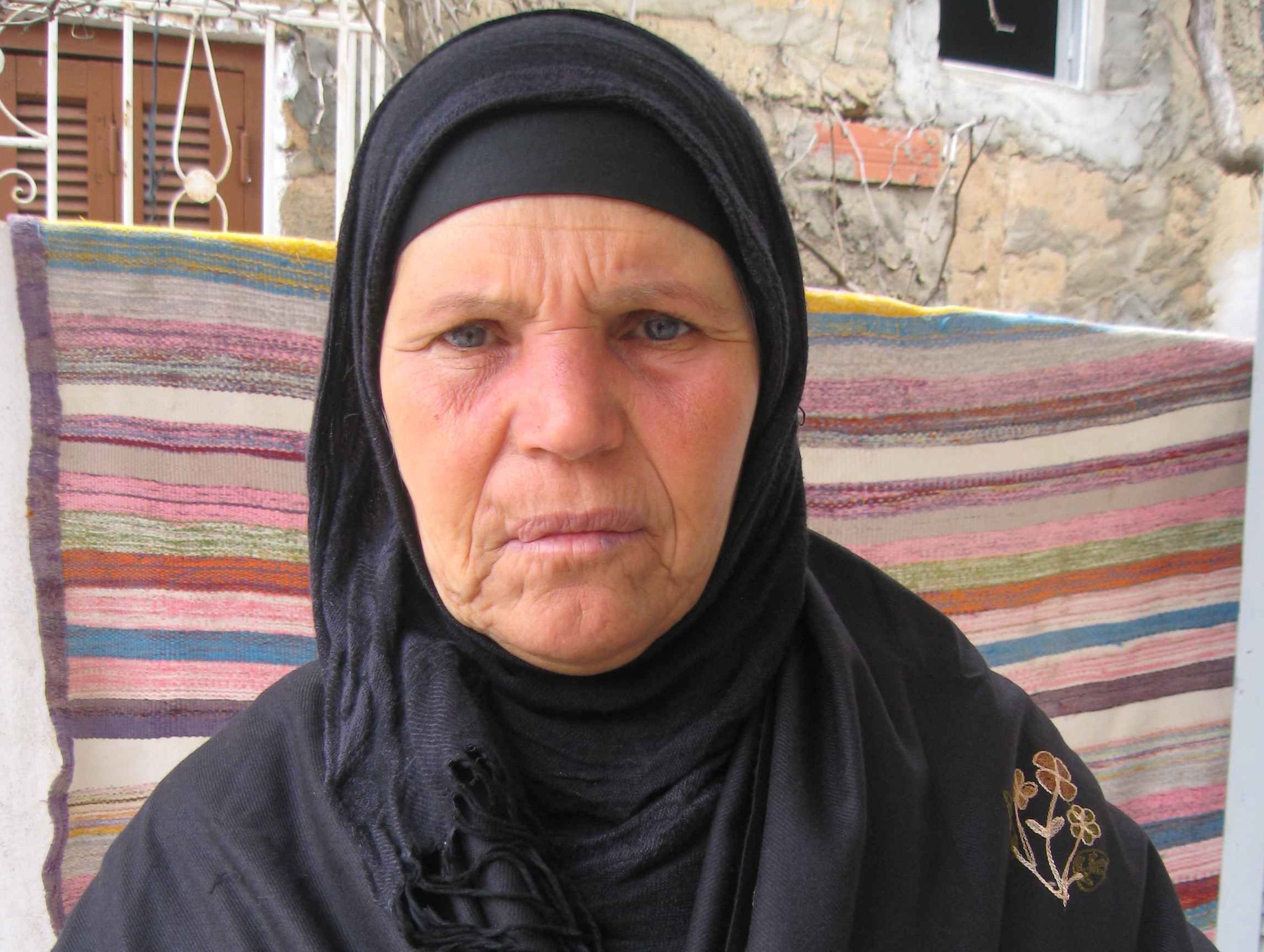Very angry young people.
The Middle East and North Africa are home now, and have been for several years, to the largest share of young people in the world. About 60 percent of the Arab world's people are under 30, a share twice that of North America, according to a report out Thursday by the Pew Forum on Religion and Public Life.
Since the 1990s, social scientists and economists have been warning Arab regimes about the coming flood of young adults into the labor market. The surge, unattractively dubbed the ''youth bulge'' by social scientists, inevitably would destabilize the status quo, but in itself was neither good nor bad, political economists like Tarik Yousef, dean of the Dubai School of Government, advised. The experts told governments the coming youth wave would create a "precondition for problems, or a precondition for prosperity," Yousef said in a phone interview.
Middle East and North African governments could have developed training programs and industries to harness the raw manual and intellectual power of millions of eager, often well-educated young people. Instead, over the past decade, leaders grabbed larger shares of their countries' economies and political sectors, increasing the gap between wealthy and poor in Tunisia, Egypt and elsewhere.
The result is that this week, the Middle East and North Africa posted the highest regional rates of unemployment in the world, about 10 percent, the U.N. International Labor Organization said. For young people in the two regions, the figure is nearly four times higher. Their frustration finally boiled over in the Tunisian farm town of Sidi Bouzid, a low-lying, stuccoed cluster of about 40,000 people, where a tomato-paste plant offers some of the town's best jobs to a lucky, locally-connected few.
On Dec. 17, Mohamed Bouazizi, a 26-year-old who a few years ago had dropped out of high school to support his mother and five brothers and sisters, set himself on fire before the metal gates of the provincial governorate, on the main street of Sidi Bouzid.
In a fury over a bribe-seeking policewoman who had confiscated his fruit, depriving him of his hope of making five dinars, or $3, to feed his family that day, Bouazizi pushed his empty fruit cart before the governorate gates, poured a liter and a half of gasoline on himself, pulled out a matchbook and lit a match.
Sofieme Dhouibi, 24, a Sidi Bouzid resident with a master's in computer technology, and now in his second year of looking for work, was among the young townfolk irresistibly drawn to a heart-felt demonstration that followed that day, and every day since.
On Dec. 18, when the protests in Sidi Bouzid turned violent, Dhouibi put himself at the front of the shouting crowd, pushed a police car into the street, and set it on fire.
"I felt frightened of the government," Dhouibi said of the moment. "But I felt happy. Very happy."
Encouraged by internet-savvy young people on Facebook, protests spread around the country, and to the capital, Tunis. President Zine al-Abidine Ben Ali's rattled pledges on national TV to create 300,000 jobs were not enough to save his regime. He fled this month after 23 years in power, and just a short time after Bouazizi died of his burns.
This week, Sidi Bouzid has an uneasy, expectant feel – a little George Orwell's "Animal Farm," a little Eastern Europe circa 1989. Protests persist daily – Dhouibi leaves his home each morning and waits outside the town union hall until the march takes shape. A policeman, abashed, laughed, shrugged, and walked away, midway through demanding to see a passer-by's papers, the usual prelude for obtaining a bribe.
In businesses, banks, government offices and schools, newspaper offices, and beyond, nervous employees assemble petitions, form committees, and go before their bosses to demand raises – or the bosses' resignations.
Sidi Bouzid's mayor is in hiding, insisting by phone he never had a taste for politics. Banners drape the police station, town hall, and town square. The banners denounce Bouazizi's fate, and demand better. "No to youth unemployment," spray paint on a statue in the town square says. "No to poverty."
Dhouibi – slight, dark, well-spoken, open, and polite – still can think of no way out of his lot than to immigrate illegally to Italy in a small boat crossing the Mediterranean. ''Almost the same as suicide," he says.
But if Tunisia's old ruling party cedes its last ministries, if a new government can take power in Tunisia, Dhouibi may wait, he said.
"I could be patient," he says, at home, where his mother served juice to visitors. "I hope. I hope."
